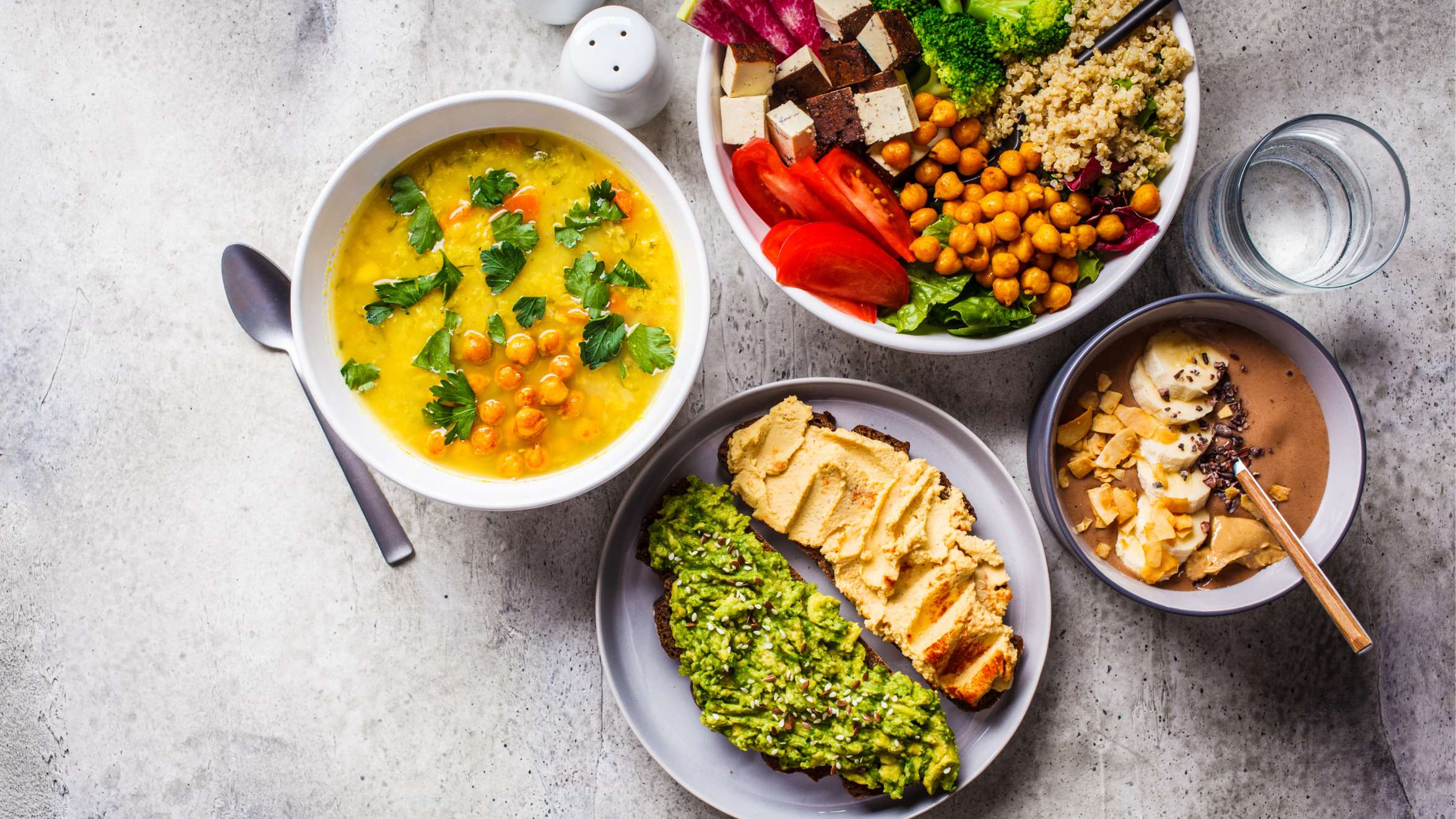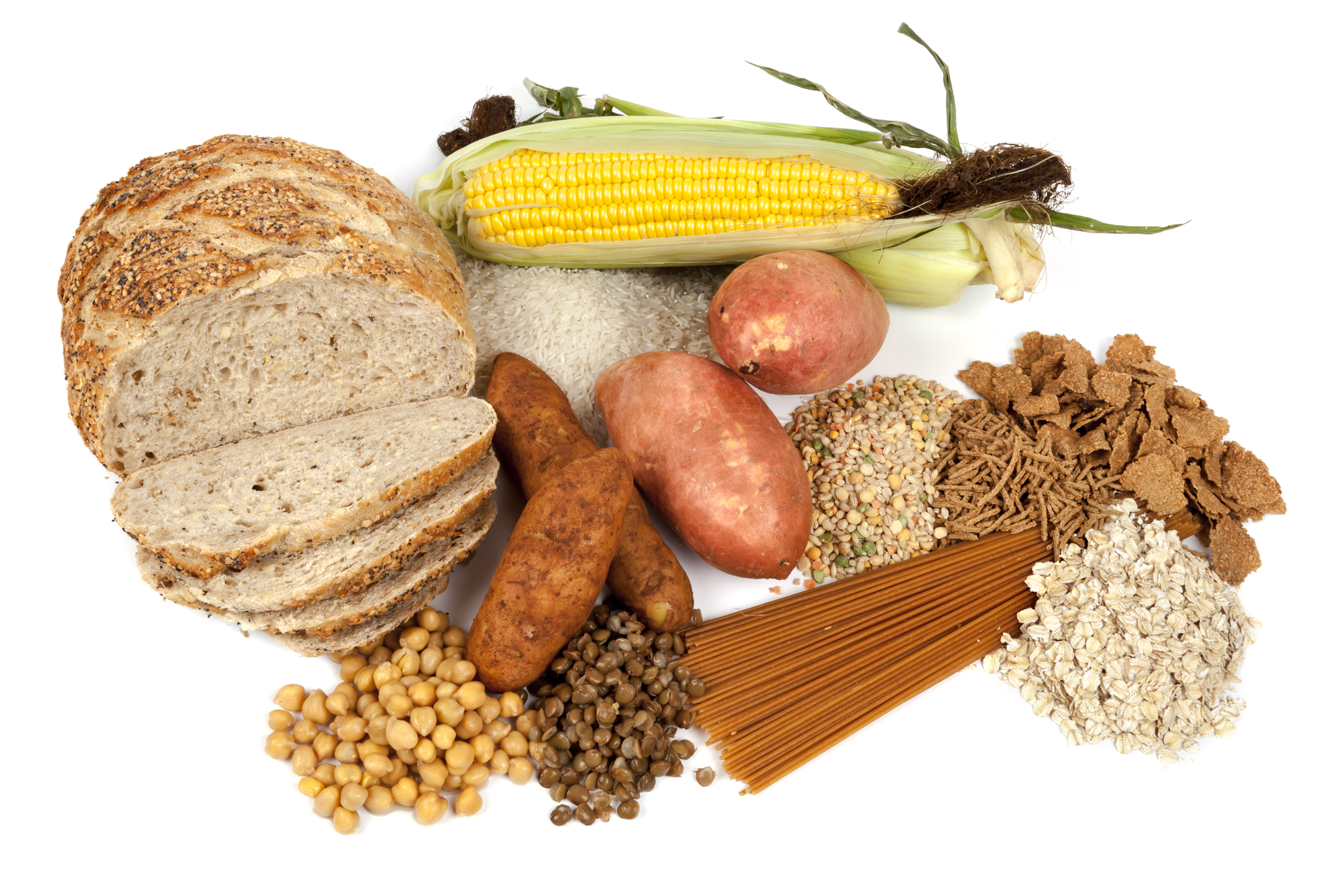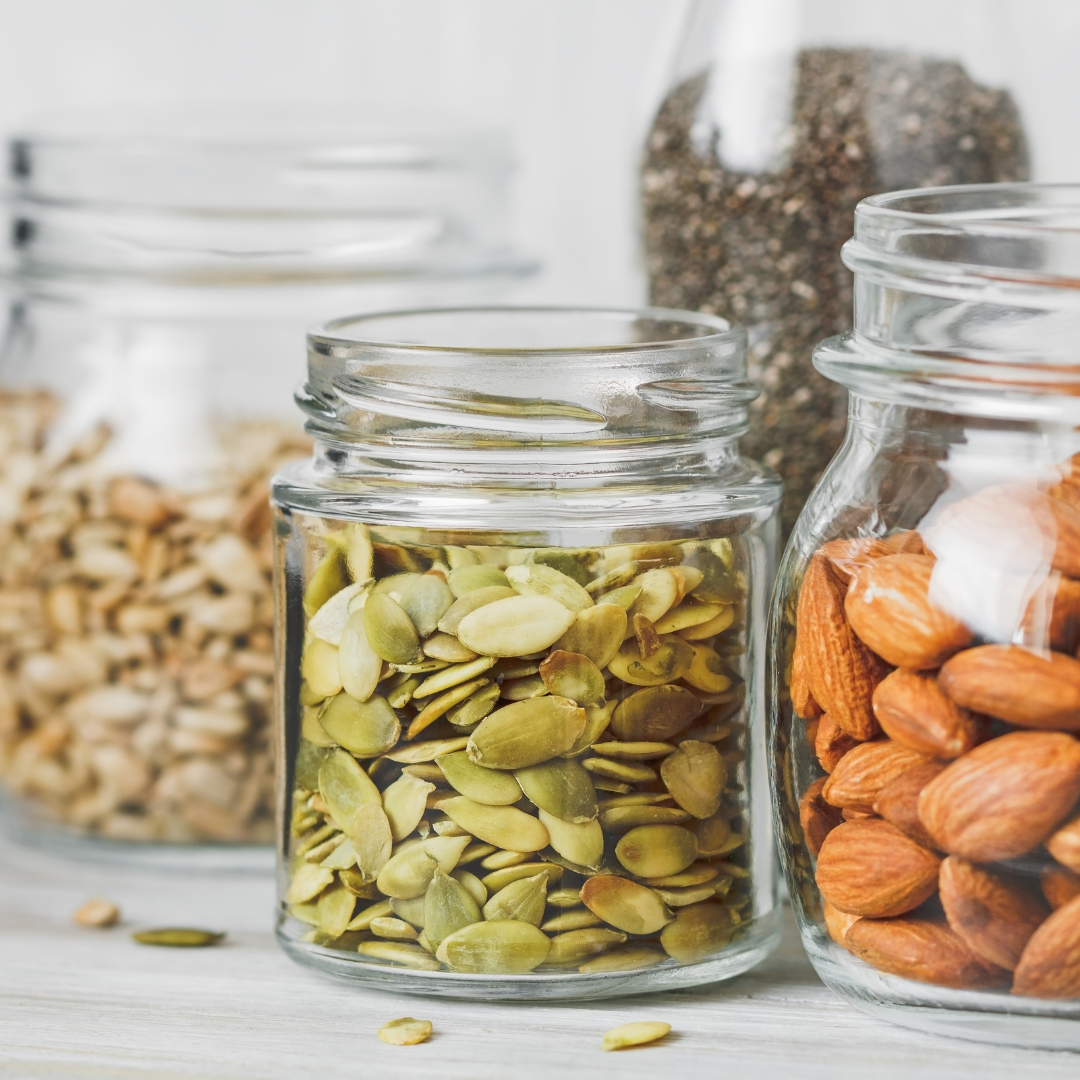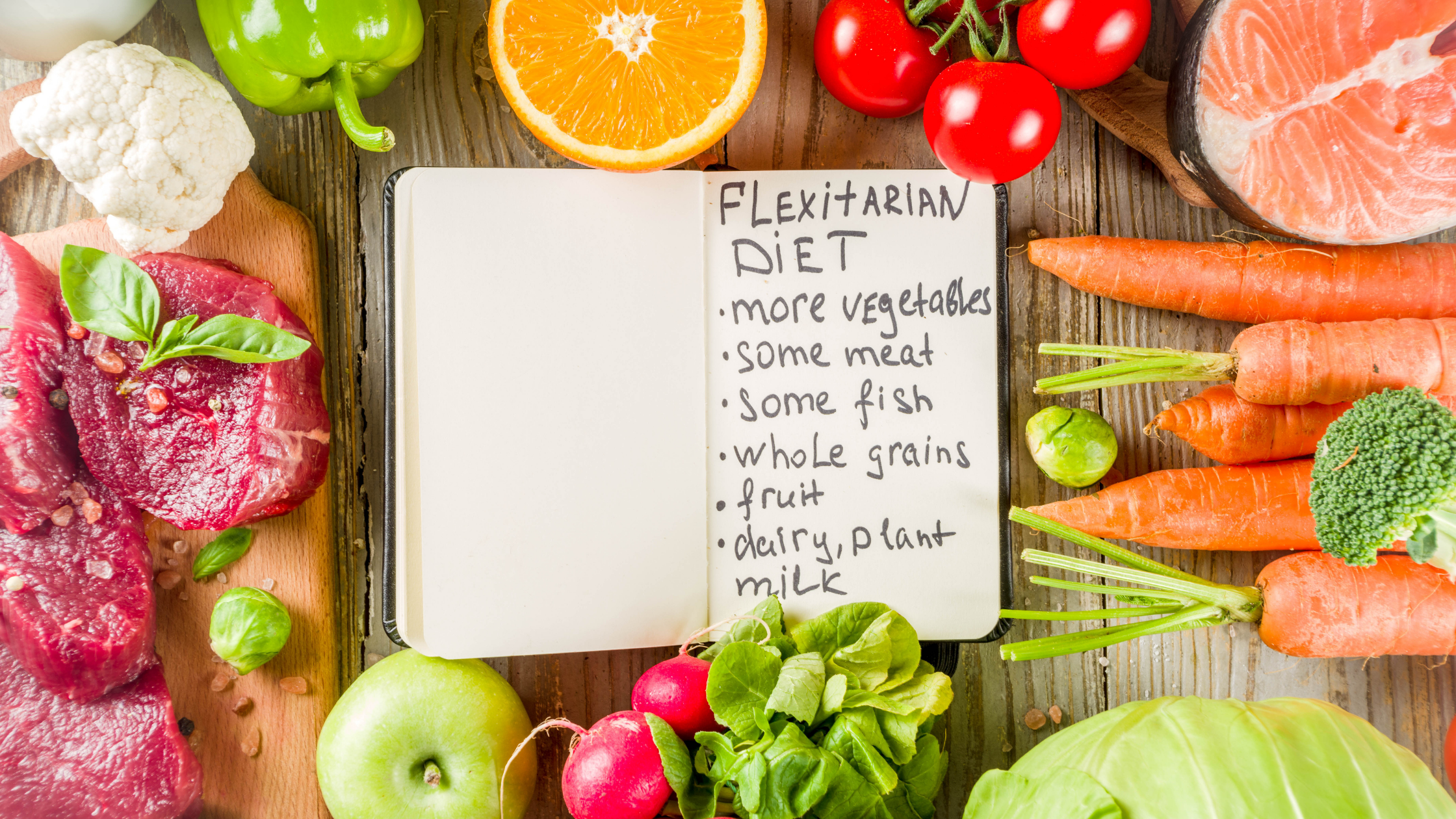No 'beef' with vegans
Nov 8, 2020
Posted by: Monique Parker

I recently took part in a debate on the question ‘should we all go vegan?’
The other participants all had very interesting backgrounds: a campaigner for Viva!, the vegan charity, a WWF environmental manager and a livestock farmer.
I have to admit that I was slightly nervous, firstly because it was my first ever debate, and secondly because the debate’s subject is immensely complicated and in my view it is not black and white.
But it all went well, it was friendly and informative, from all sides. Not the fiery debate I was expecting, but together we managed to give a good overview of the pros and cons of going vegan.
I thought this debate was a good opportunity to put my thoughts on paper to share with you. Of course, there will be people that will not agree with what I’m writing, but that is ok. After all, we all have a choice to eat what we choose, for whatever reason: ethical, medical, cultural, religious, taste, budget etc.
Firstly, I would like to share an observation with you.
Consumer behaviour seems to be shifting. According to the Vegan Society, the number of vegans in the UK has quadrupled between 2014 and 2019. So, there are more and more vegans. Social media has definitely had a hand in this, with bloggers, vloggers and celebrities promoting plant-based foods. The big food companies with their clever marketing departments, have all noticed this change and have jumped on the vegan band wagon. To give you an idea, Tesco is aiming to boost sales of meat alternatives by 300% by 2025. Another big one, Unilever, acquired ‘The Vegetarian Butcher’ and they are selling almost 700 vegan products in Europe.

Let me start by saying that, yes, there are definitely health benefits to a vegan diet:
- It is high in fibre, which is great for the gut and to improve blood sugar control for instance
- It is low in saturated fat and cholesterol
- It is great for gut health: the more diverse plant foods we eat, the more diverse the gut microbes
- Fruit and vegetables are high in vitamins, minerals, and antioxidants
BUT there are two things that we must bear in mind when it comes to what we eat:
1. Not all plant-based foods are equal. Think of vegan junk food like ‘fake meat, refined grains, high-sugar fruit juices etc.
2. We are NOT all the same, we are all totally unique
We all have different genetics, biological blueprint,  metabolism, gut microbiome, diet, lifestyle, environment etc. This all means that different people have different responses to the same foods.
metabolism, gut microbiome, diet, lifestyle, environment etc. This all means that different people have different responses to the same foods.
What are, in my view, the pitfalls of a vegan diet? I am sure there will be plenty of die-hard vegans, who will dismiss these pitfalls with certain research. Just like I am using research to make my point. And that is where the problem starts.
Nutrition science is incredibly confusing at times. There are many contradictory studies with limitations and flaws. The scientists cannot seem to agree. Why is this?
To get an answer to an important nutrition question, such as ‘does a vegan diet have better health outcomes?’, you would have to run a randomised controlled trial for a long period of time, think of a minimum of 5 years.
One group would have to stick to a strict vegan diet without cheating or making mistakes with reporting what they have eaten. The other group would have to eat animal products seven days a week, again without cheating etc.. This might work with lab rats, but with human beings, who are all unique to begin with, it is not so simple. There is much more at stake that can influence the outcome of the research: genetics, preferences, allergies and intolerances, living environment, social status etc.
And then there is the issue of conflict of interest of course when it comes to nutrition research, as a lot of it is sponsored by industry.
However, there is agreement in the nutrition world on at least two things:
1. Plant foods like fruit and vegetables have health benefits
2. Refined, processed foods have a negative impact on health
The biggest areas of disaccord are meat and dairy.


Possible pitfalls of the vegan diet
1) A vegan diet must be well planned, otherwise it could be poorly balanced and lead to ill health in the long run. With balanced I mean containing the right balance of nutrients. Macro nutrients (fat, protein, and carbohydrates) and micronutrients such as vitamins and minerals.
Let me give you two examples.
Vitamin B12 is predominantly found in animal sources, not much in plant foods.
Yes, there are some vegan foods that are fortified with vitamin B12, i.e. certain cereals and non-dairy milk, and you will also find it in nutritional yeast, nori dried seaweed or dried shiitake mushrooms, but not in high quantities. There are many symptoms of vitamin B12 deficiency, but one of the most important issues is that it could cause nerve damage, even in people who do not have anaemia (another common symptom).
Carbohydrate intake can be quite high in a vegan diet. 
Fruit, vegetables, pulses/legumes, grains, nuts (especially cashew nuts and pistachio) and seeds (i.e. pumpkin seeds) are all high in carbs which could cause problems with blood sugar control and can make you feel hungry again quite quickly. Some people are absolutely fine on a high-carb diet, but for others it could be detrimental to their health.
2) If you are deficient in certain nutrients, you would need to take a supplement. Not all vegans get their nutrient levels tested or supplement. There is also the issue of poor supplementation: not taking the right dosage, not taking the right supplement, or getting a supplement of low quality.
3) Getting enough protein can be challenging on a vegan diet. Pulses/legumes are often eaten for protein, but have a look at this:
- 100 grams of cooked lentils contains 20 grams of carbs and 9 grams of protein
- 100 grams of cooked chicken contains 16.5 grams of protein, no carbs
4) Junk food veganism. Some processed vegan foods are just as bad as conventional junk foods. 'Fake' meat products, such as vegan sausages, are often full of additives, needed to produce a 'meat'-like texture and flavour.
5) Switching to a vegan diet may leave you feel hungry and reach for unhealthy snacks. If you are eating enough protein and fat, you won’t feel hungry as quickly as after eating a lot of carbs.
6) There may be a risk of developing orthorexia, which is an eating disorder where people have an unhealthy obsession with healthy eating. This is unfortunately getting more and more common, especially among young people. In my opinion social media is playing a role in this too.

7) Interactions between nutrients and antinutrients. Plant foods like pulses/legumes contain compounds that are natural, to protect the plant from insects and plant diseases. Unfortunately, these antinutrients, such as phytates and lectins, interfere with the absorption of crucial nutrients such as iron and zinc.
8) A vegan diet can lead to an imbalanced ratio of omega-3 fatty acids and omega-6 fatty acids. Omega-3 fatty acids are anti-inflammatory, while most omega-6 fatty acids are pro-inflammatory.
There is also the issue that omega-3 fatty acids found in plant foods, i.e. nuts and seeds, have to be converted first to active forms of EPA and DHA. While fish oil for instance contains DHA that is already formed, so no conversion is needed.

9) Especially during pregnancy and early childhood a vegan diet could be risky as there are many nutrients that are vital for healthy growth and development of the foetus and baby. For example, low omega-3 fatty acids affect brain development in infants.
10) Lower levels of calcium and vitamin D in a vegan diet can increase the risk of osteoporosis (brittle bone disease).
Why eat animal products?
I am not going into the ethical and environmental aspects of eating animal products. That is a whole different, even more challenging subject, that would add pages to this, already lengthy article. I would just like to say this.
Animal products are exceptionally nutrient-dense dietary sources, but they are not just sources of nutrition, they are also part of communal activities and celebrations, such as turkey at Christmas or eggs at Easter.
Animal products are also very much part of a culture or community.
Think of the Inuits in the Arctic, who eat fish, seals etc. Most plant foods are not readily available and are very expensive as they are imported. Given the climate they live in, they do not have much choice.
Would I go totally vegan?
Personally, I am more in favour of a flexitarian diet. To me it is nutritionally the best of both worlds, plus, it is more environmentally friendly than just eating animal products. It all comes down to balancing and sourcing foods, being conscious of what you eat and where it comes from.
The Flexitarian Diet is a diet that incorporates plant-based foods, while allowing meat and other animal products in moderation.

Two or three times a week a vegan day, one or two days meat, two days fish, one day eggs. This way you will get a wide variety of nutrients. On meat, fish, and egg days, plenty of vegetables and a few pieces of fruit should of course be incorporated too.
It is a flexible diet that is more about inclusion than restriction of foods. It is up to you how moderate you would like to be regarding animal products. If the diet is thought-through and includes a variety of whole foods, nutritional deficiencies may not be a problem.
Regarding the animal products I would recommend eating better quality meat from ethical farms, if you can afford it, i.e. organic and pasture fed meat and dairy. Look for the certification schemes such as the Soil Association or Pasture for Life.
I would also recommend avoiding processed foods as much as possible, eating seasonal and preferably local produce.
Decided to follow a strict vegan diet?

As mentioned above, I am personally in favour of a flexitarian diet, but of course we are all free to decide what we eat and what lifestyle we have.
If you are decided to follow a strict vegan diet, please remember this:
- Variety is key: the more different foods, the more different nutrients you will get
- Remember that not all plant foods are equal (be mindful of vegan junk food)
- Be careful with added sugars/sweeteners
- Always make sure to get enough protein and fat (stay fuller for longer)
- Make sure you take the necessary supplements and get yourself tested to check nutrient levels
- Learn to cook from scratch, as processed junk food, even if it is vegan, is not healthy
- There is nothing more rewarding than a home-cooked meal, and it tastes far better!
- Avoid reading dubious blogs, there are too many ‘experts’ out there with
no qualifications - carefully choose your information sources
- Source food locally and support sustainable, independent producers
- Eat seasonal foods (order a vegetable box, buy wonky vegetable in the supermarket or grow-your-
own)
If you are interested in the debate, a recording is available on https://youtu.be/_vsi6hGtWpE






